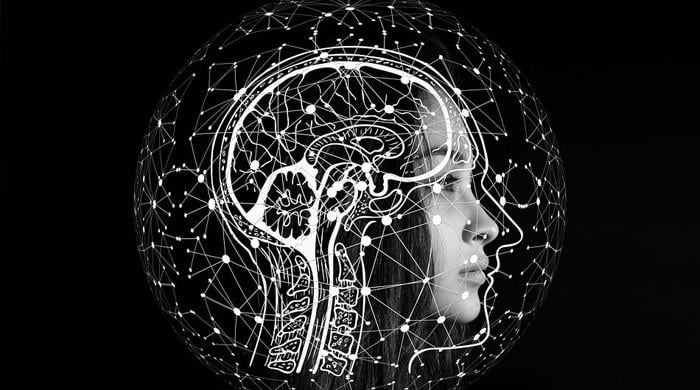Overview of schizophrenia:
Schizophrenia is a fairly complex and chronic mental illness that is identified by a variety of symptoms that affect a person’s thoughts, feelings, and behavior.
Often misunderstood as dual personality disorder, it primarily causes confusion in thought processes, perceptions of reality, and emotional responses.
Main symptoms:
Schizophrenia is characterized by many obvious symptoms that interfere with the patient’s thought process and daily life.
Core symptoms:
Hallucinations (seeing or hearing things that aren’t there) and delusions (false beliefs).
Negative symptoms:
Lack of motivation, less conversation, less emotional expression.
Cognitive symptoms:
Problems with attention, memory, and decision-making.
Causes and risk factors:
The exact cause of schizophrenia remains unknown. However, it is thought to be caused by a combination of genetics, brain chemistry, and environmental factors. Stress or traumatic life events may trigger the development of this disorder.
Schizophrenia usually manifests itself in late adolescence or early adulthood, and men generally experience symptoms earlier than women.
Diagnosis and treatment:
Diagnosis of schizophrenia includes a psychiatric evaluation and exclusion of other mental health disorders.
Additionally, managing schizophrenia requires a comprehensive set of approaches, including antipsychotic medications, psychotherapy, and support services aimed at reducing symptoms of the disease and improving quality of life.
Treatment for schizophrenia usually focuses on managing symptoms such as:
- Antipsychotics.
- Psychological therapy (such as cognitive behavioral therapy).
- Support services (e.g. social skills training).
Living with schizophrenia:
Despite the challenges that schizophrenia poses, with the right treatment and support, many people can live fulfilling lives with the disorder.
Ongoing research continues to explore new treatments and a deeper understanding of the brain in hopes of providing better management tips and results in the future.
